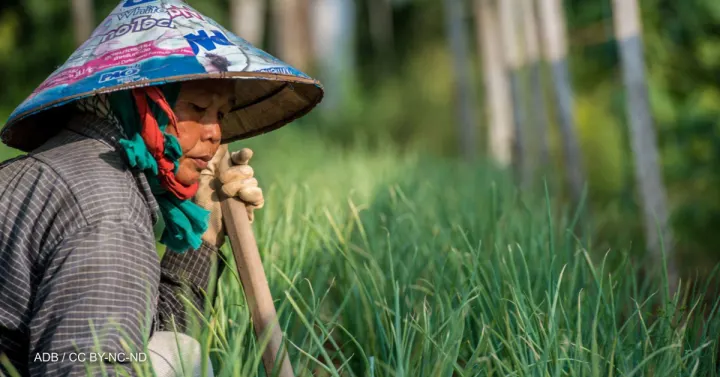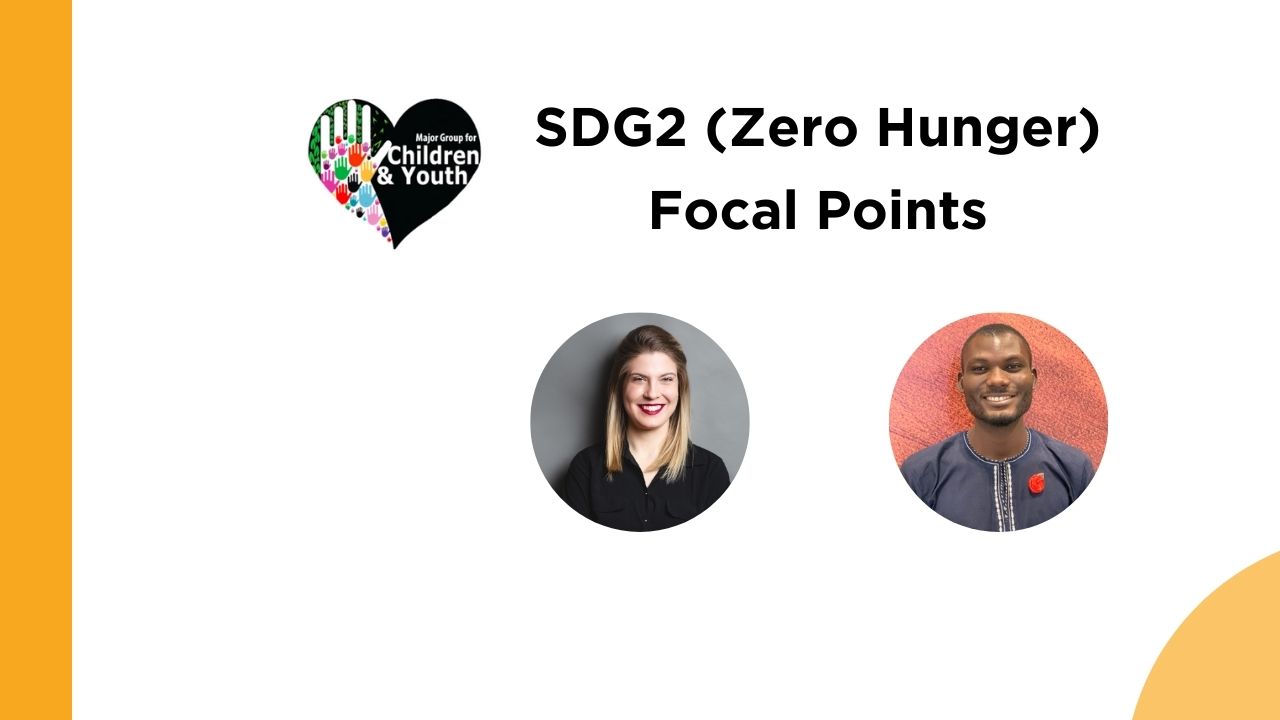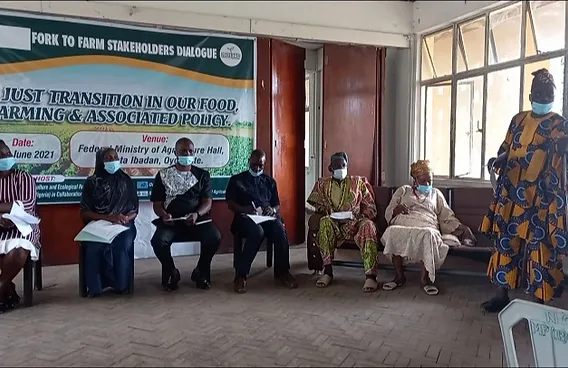Agriculture and farming have always been part of my family growing up, and this exposed me to the challenges as well as the opportunities that farmers face on a daily basis. My grandmother was the greatest farmer I know, who cultivated the land until her very old age, even when her income was not reflective of her investment, farming and securing food for Nigerians was still everything to her, as it still is for many local farmers that feed the burgeoning population of Nigeria, even in a changing climate and pandemic ravaged world of today. It was always fun and interesting tagging along with my family to our farm in those days, the thoughts of getting to see and gist with my grandmother and friends that were permanently resident in the village made going to our farm something to look forward to, in addition to the fresh food and locally roasted corn that gives a delightful taste that makes you want more.
However, farming and staying on the farm was much safe and secured in those days, and the choice of seed and food was reflective of cultural diversity, and delightful tastes, but the story is different in our Nigeria of today.
The current reality is that while crop farmers are concerned with adapting their farming practices to the changing climate, secure seed to plant, and ensure year-round availability of food, they are also bothered about securing their investment on the farm, disturbingly, not only from natural disasters, but mainly traditional land use practices that need to be renegotiated. It is also becoming increasingly difficult to see our local seeds in the seed market, which continues to infringe on the taste and cultural values of our food.
This is why I have decided to host a Fork to Farm dialogue, because I think there is a need for all stakeholders in the food and farming space to collaboratively explore how we can best work with each other, build relationships, and jointly come up with best practices and policy reforms that allow for just transition to a more resilient and sustainable food system.




Our dialogue will build on our committed effort at African Youth in Sustainable Agriculture and Ecological Restoration Initiative (also known as Youth for the Environment Nigeria), to ensure that farmers’ voices are heard in food-related policies and decision-making, create a safe environment for farmers to farm, conserve indigenous seeds, and build the capacity of farmers in agroecology and organic farming best practice. It will further support our effort to translate food-related research evidence into policies and practice.
Our local dialogue will be a nine-month process, encompassing a variety of interactions between stakeholders. We would host series of consultations with our network of diverse farmers groups spread across Oyo State, and engage city representatives, food researchers, and seed organizations in healthy discussions. These conversations are aimed at understanding their perspectives of a better food system, and what the current efforts to encourage and support sustainable food system transitioning in the state are. This series of local-led sectoral interactions will be followed by a field excursion to an agroecological farm, and two main local dialogues that will bring together the diverse farmers groups and the cities representatives, to deliberate on what a sustainable food system in Oyo State and Nigeria should look like.
We are excited to see what this dialogue leads to as we begin to understand the various challenges to our food system and explore what a good food system that is supportive of nature, climate, and healthy living should look like in our local context.





